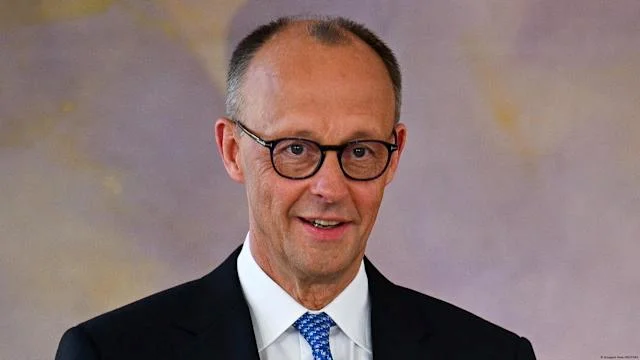
Germany’s New Chancellor Friedrich Merz
Germany has officially welcomed Friedrich Merz as its new Chancellor on 6th May 2025, following a dramatic second-round vote in the Bundestag. Merz, a conservative leader and longtime rival of Angela Merkel, secured 325 votes, narrowly surpassing the required majority after failing in the first round. His victory marks a significant shift in Germany’s political landscape, as he succeeds Olaf Scholz, who struggled with coalition instability and economic challenges.
A Rocky Path to Leadership for Friedrich Merz
Merz’s election was anything but smooth. In an unprecedented setback, he failed to secure enough votes from his own coalition in the first round of parliamentary voting, with 18 lawmakers withholding support. This raised concerns about internal divisions within his alliance and cast early doubts on his ability to govern effectively.
Despite the initial setback, Merz managed to rally support in the second round, securing his position as Germany’s 10th post-war Chancellor. His victory signals a return to conservative leadership, with promises to revive Germany’s economy, strengthen European unity, and address migration policies.
Economic Challenges & Trump’s Trade War
Merz inherits a stalled German economy, which has struggled with slow growth and inflation. Adding to the pressure, US President Donald Trump’s trade policies have imposed 145% tariffs on German exports, creating uncertainty for manufacturers.
To counter these challenges, Merz has outlined a bold economic strategy, including:
- Streamlining regulations to boost industrial productivity.
- Tightening migration policies to address labor market concerns.
- Increasing defense spending to align with NATO commitments
His ability to navigate these economic hurdles will be crucial in determining the success of his administration
Far-Right Gains & Political Instability
Merz’s leadership comes at a time when Germany’s far-right Alternative for Germany (AfD) party is gaining momentum. The AfD, recently classified as an extremist group by German intelligence, has surged in popularity, posing a challenge to Merz’s coalition.
AfD leaders have criticized Merz’s shaky start, calling his initial voting failure a sign of weak leadership. With public frustration over immigration and economic stagnation, Merz faces the daunting task of restoring stability while preventing further far-right influence.
India-Germany Strategic Ties & Modi’s Congratulations
Following Merz’s election, Indian Prime Minister Narendra Modi extended his congratulations, emphasizing the importance of India-Germany relations. Germany remains a key trade and defense partner for India, with both nations collaborating on technology, green energy, and global security.
In light of shifting international alliances, Modi’s speech implies ongoing diplomatic collaboration as India seeks to deepen its economic ties with Germany.
Conclusion
Friedrich Merz’s rise to power marks a new chapter for Germany, but his rocky start highlights the challenges ahead. With economic uncertainty, political instability, and rising far-right influence, his leadership will be closely watched by both European allies and global markets.
As Germany navigates this critical transition, Merz’s ability to unite his coalition, revive the economy, and maintain international partnerships will determine his legacy as Chancellor.
Also read about Tsunami alert in Greece.
Stay informed with the latest news and updates – only on Rapido Updates.
1 thought on “Germany’s New Chancellor Friedrich Merz Takes Office Amid Political Uncertainty”